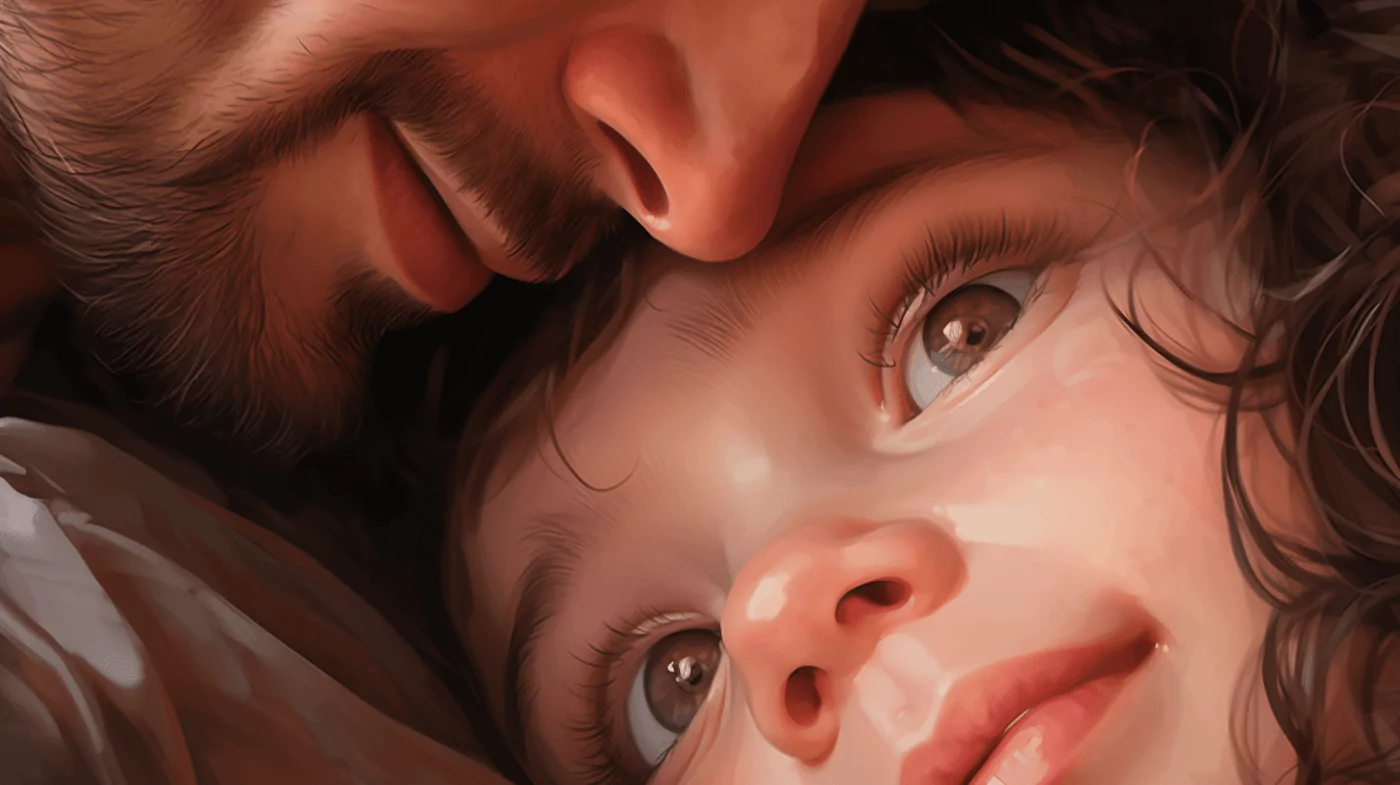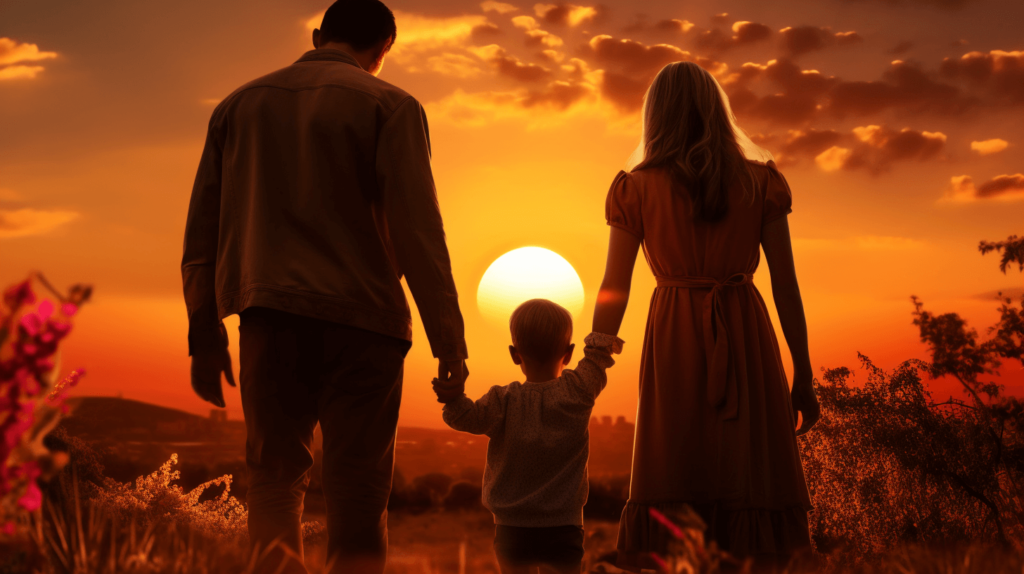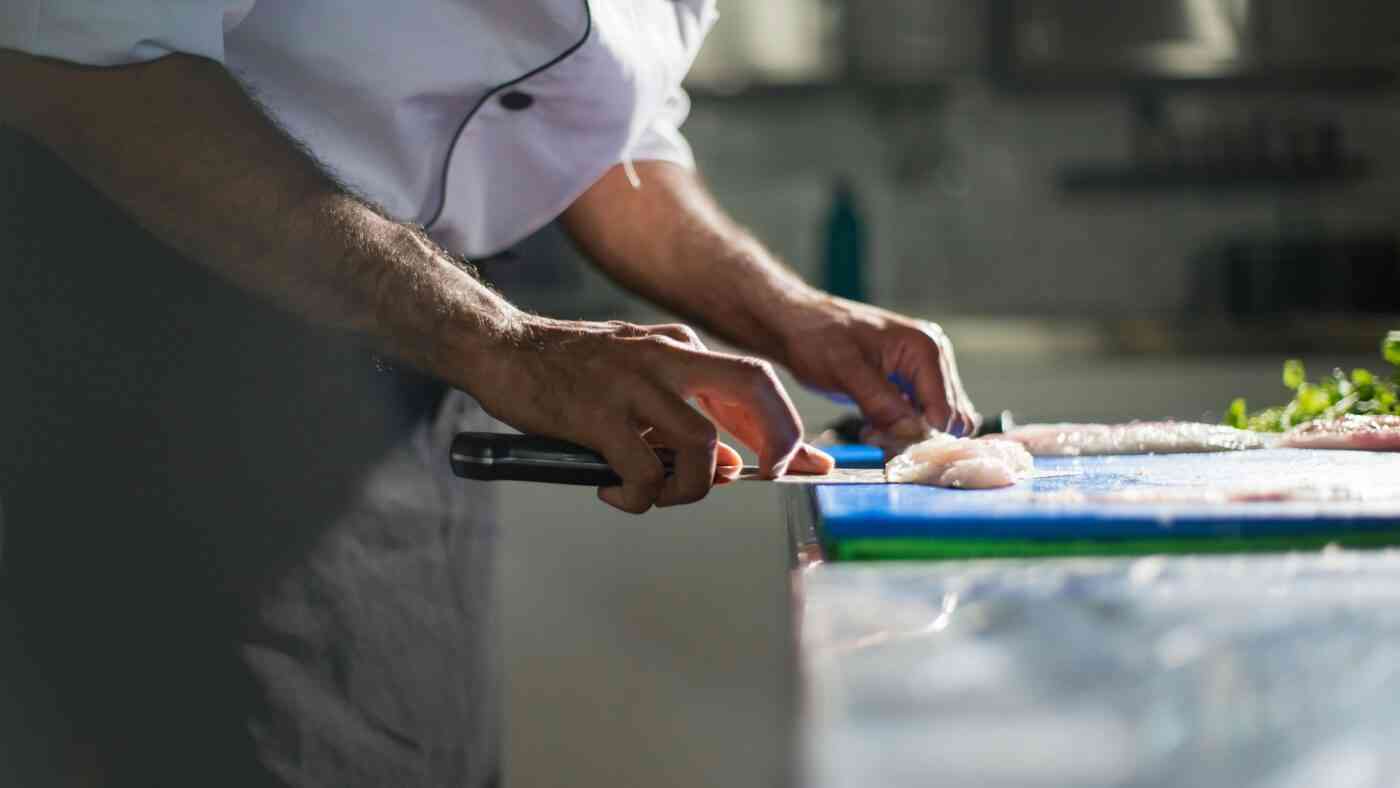Truth & Goodness
Poison on a Plate: What Drives Us to Eat Dangerously?
01 March 2026

Eros – life’s driver – is a key motivator in the life of any human. Although the 20th century saw the complete liberalization of human sexual activity, this sphere of our life is so much more than a source of purely hedonistic pleasure. Anyone who has had such fortune to attain the closest possible intimacy […]
Eros – life’s driver – is a key motivator in the life of any human. Although the 20th century saw the complete liberalization of human sexual activity, this sphere of our life is so much more than a source of purely hedonistic pleasure. Anyone who has had such fortune to attain the closest possible intimacy with another human being might have received from fate the greatest gift imaginable. Immortality, unconditional love, devotion, attachment and a sense of purpose.
Not everyone needs to become a parent. And not everyone should. Those who do not feel ready to take on such a role and make a conscious decision not to have children should be acknowledged as there is nothing wrong with their choice. There are far too many ‘accidental parents’ in this world. However, those who have opened themselves up to the desire to bestow their affection on an initially small and defenseless human being may not realize that the birth of a child has many consequences. The child is completely and utterly dependent on us, while we can no longer imagine the world without our child, and our life would be impoverished without it.
Human beings have something of a deity in them – the ability to give birth to new life. Ideally, this happens consciously when we have awakened in ourselves the readiness to give our love to a new being that carries not only a part of ourselves but also of the person we love. When we look into our child’s eyes, we also see the eyes of our partner and our own. Every parent knows the powerful feeling that ignites when a miracle is embraced.
Children, however, are much more than the object of our love and attention.
By bringing a new human who carries half of our genes into this world, we are, in a way, ensuring that our lives are lengthened. While this sounds rather enigmatic, watching our sons or daughters grow and noticing in them increasingly more similarities to ourselves, we unconsciously feel that we will continue to live, at least to some extent, after we pass away.
We all ask ourselves about the meaning of life, and countless literary works and philosophical treatises confirm that this conundrum is an inherent part of being human. We need to have a sense of purpose and the knowledge that our life has left its mark on the passage of time. We crave fulfillment, but what is it exactly? We can strive for self-fulfillment, i.e. achieving the ‘ideal self’ – the state in which we are who we have always wanted to be.
Why do we have such a need to feel that we can influence the reality around us? Perhaps it is a subconscious feeling of indebtedness that we have incurred by being born. We wish to repay this debt by making the world a better place.
For this reason, we do everything in our power so that our children grow up to become sensible and self-aware adults. So that they are true to the principles we ourselves profess and so that they continue our efforts in our absence. It seems that we aim to provide ourselves with a sense of security that the good will continue even without our influence.

The exceedingly powerful state of being in love can make us the happiest people in the world. Love can also cause suffering, but only if the person we love fails to reciprocate our emotions.
It is difficult to imagine a more harmonious relationship than that between mother and child. When surrounded by unconditional love expressed in attention paid to even the smallest need, the child feels safe and cherished. Even if the child is not yet able to say it, its eyes gazing into the mother’s eyes and the wonderful melody of the baby’s laughter make up for the sleepless nights, the hours of worry and the pain that accompanies childbirth.
A father will do everything to protect his child, who trusts him implicitly. He will overcome any limitations, both physical and psychological, whenever a need arises. For his daughter, he will be a steadfast protector, and for his son, a caring mentor who will show him how the world works and how to become a real man.
It would seem that all this effort makes parenthood very costly. And this is probably the case. However, being a parent is not all about sacrifices. It is by becoming a parent that we grow as people and enrich our personalities by overcoming our own selfishness and weaknesses. Parenthood is one of the best methods to attain self-fulfillment.
There is a saying that goes: “To find out if you will be together forever, you need to experience traveling, home renovation and having a child as a team.” While the first two situations subject partners to stressful situations, parenting is not always about that.
Without a doubt, parenting has its costs. It would be difficult, however, to come up with another set of circumstances that would cement a relationship more than child-rearing. Parents no longer live only for themselves but create space for the harmonious development of their offspring. Wishing to provide the child with the best possible conditions, they also must look after their own relationship. Love that is reciprocated is no longer just about affectionate gestures, physical attraction or romantic feelings. It is also demonstrated through a sense of responsibility, care, commitment and respect.
In ideal conditions, mutual admiration develops between heterosexual parents. The female admires her male partner as he works on his patience, repeatedly showing the child how shoelaces are tied. The male admires his female partner, who gently puts the baby to sleep. Doesn’t watching each other as we lavish love on our offspring make us cherish each other even more? In a world of brief affairs and emotional immaturity, when we so often refuse to try again and give up on our relationships, doesn’t having a child become a common cause which is worth fighting for?
You may also like:
We see our own reflection in our children’s eyes. Our tiny son or daughter is a living image of ourselves when we were children. When we watch them cry, our hearts break because we are also crying inside. We have the opportunity to relive our childhood hurts and disappointments, but this time from a different perspective, and we also have a chance to help ourselves this time. By comforting and wiping away our child’s tears when we say “everything will be fine; I know how you feel”, we are also saying this to ourselves, letting go of our unprocessed and deeply suppressed emotions. A child allows us to open up to previously hidden needs and longings and to fulfill them indirectly – because there is always a little girl or boy inside us who did not always get everything he or she needed or wanted.
We try not to repeat the mistakes of our parents when raising our children, all the while noticing how hard that is. This gives us a new dose of respect for our father and mother, and often the gift of forgiveness and, once again, the gift of love. Our own parents, in turn, are given a new lease of life and new strength in the process of becoming grandparents. We can thus enjoy their ‘second’ life and become a son or daughter yet again. Together, we form a loving family, united in the pursuit of a common goal and standing shoulder to shoulder in the face of adversity.
Such a vision of the family unit is somewhat idyllic, sentimental and perhaps a little infantile and devoid of realism. But is this image not the expression of our innermost desires? Isn’t suffering caused by frustration that life does not resemble this vision? A child binds a family together, and that often relates to multi-generational families. It saves relationships by being a motivating force, bringing new quality and excitement to frequently ossified bonds. It gifts us immortality.
Our innermost dreams, wishes and everything for which we did not have enough time will be carried further into the world by our daughters or sons, who will keep us safe inside their memory. And conscious that they owe us so much, they will repay us, if only with a longing sigh when we are gone.

Truth & Goodness
01 March 2026


Zmień tryb na ciemny